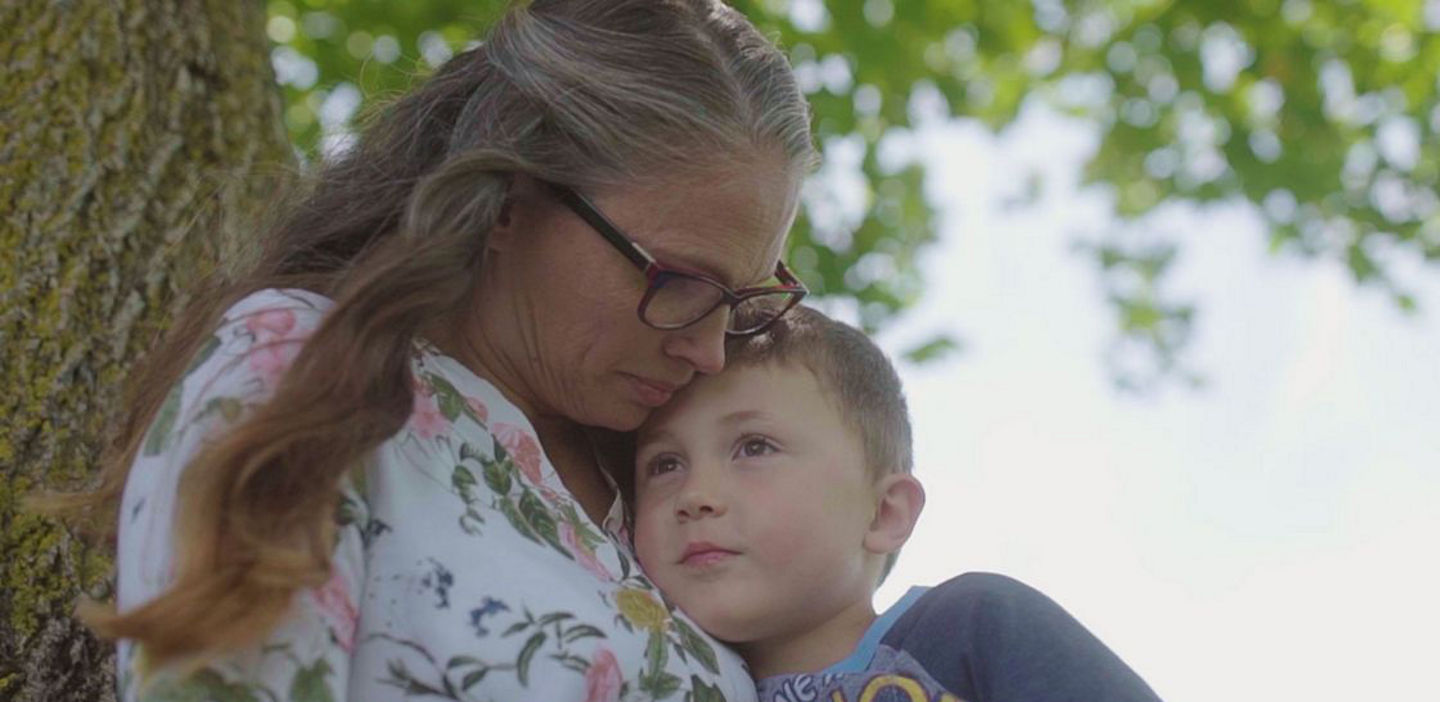As we continue to live through a global pandemic, where many aspects of our lives have dramatically changed, there are many critical challenges that have not gone away. For World Blood Donor Day, we want to shine a light on one of these, the ongoing importance of donating blood.
Even prior to the pandemic, there have consistently been difficulties in having sufficient blood supplies to meet the demand. This need has been further impacted as donations have fallen since the start of the SARS-CoV-2 outbreak.
Blood transfusions in critical emergencies, such as trauma, post-partum haemorrhage, severe infant anaemia and urgent surgeries require the timely and safe availability of blood. When we consider that blood transfusion was the most common procedure performed, during hospitalizations, in 2011 and that the rate of hospitalizations with blood transfusions have more than doubled since 1997, any shortfall in availability is a crucial topic for society to address.


